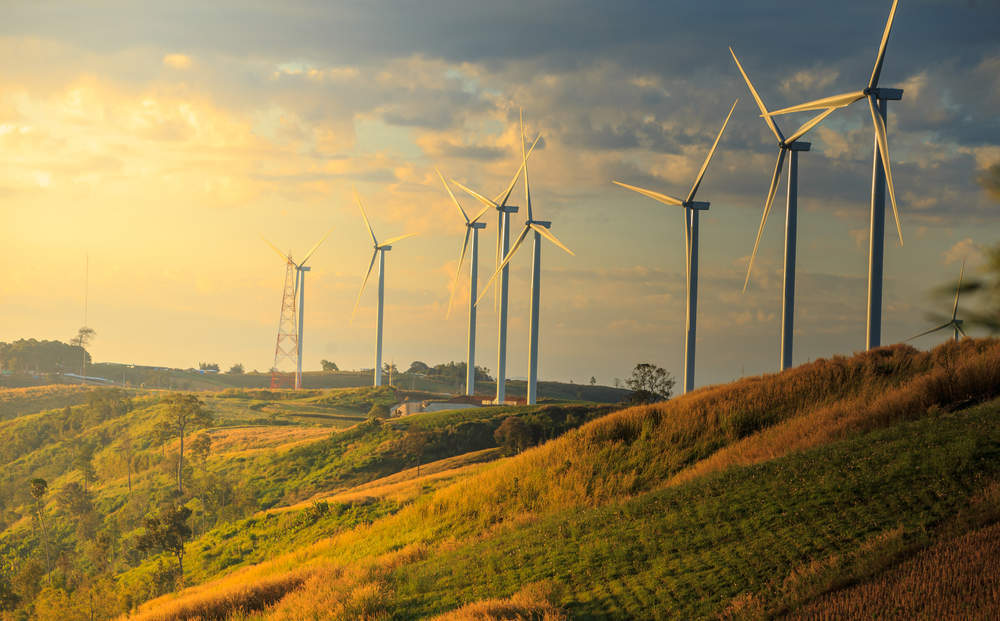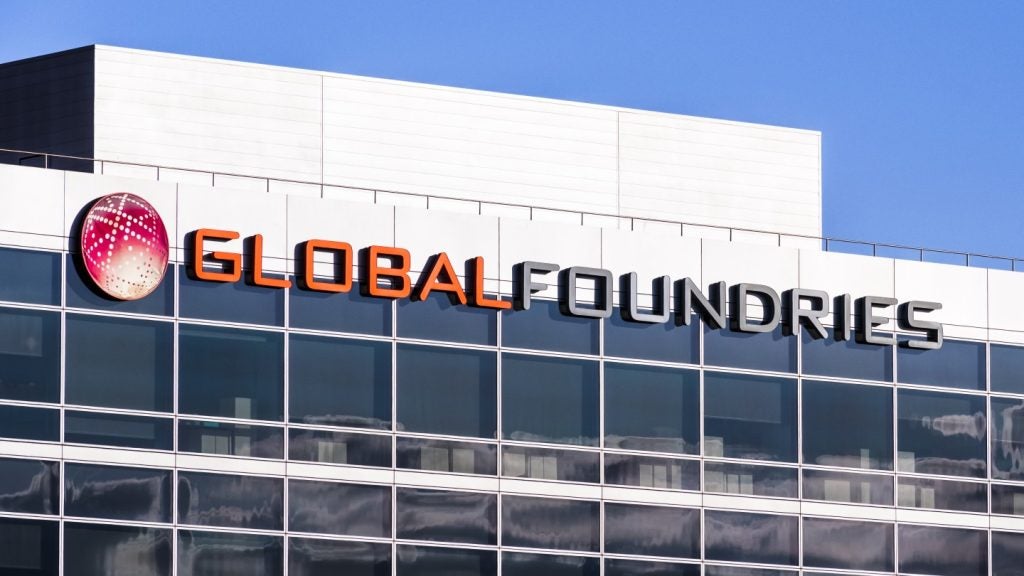
The decreasing cost of wind and solar renewable energy farms could lead to a $28 billion investment boost in the UK by 2030, a new study by Aurora Energy Research has found.
Onshore renewable energy farms that are able to generate three times as much power as the Hinkley Point C nuclear plant could soon be built without subsidy from taxpayers, according to the report.
It’s thought a fall in costs, as well as improving battery technology, could mean renewable energy projects can be built without taxpayers’ money.
Analysts also forecast that wind power will account for half of the 18 gigawatts of subsidy-free energy farms to be built in the UK between now and 2030, while the other half will come from solar energy.
This will allow the creation of solar farms capable of generating up to nine gigawatts and wind farms with an output of five gigawatts.
Mateusz Wronski, head of product development at Aurora, said:
Back in 2010 at the start of the electricity market reform process in the UK, few would have imagined that by 2018 we would be talking about a subsidy-free future for renewables.
Yet, this is where we have arrived, and our research highlights clearly the enormous prize and potential in the market, not only in the UK but across Europe. This will be a true game changer for the energy industry and policy makers, with a knock-on effect on base load technologies as well as flexible generation.
The forecast comes after Swedish energy firm Vattenfall won a Dutch government bid to build the world’s first subsidy-free wind farm in the Netherlands in 2022.
The increasing generation of green energy is likely to rule out the need to build large gas power stations in the UK, with Aurora predicting a decrease in gas power capacity to just one gigawatt if subsidy-free renewables take off.
This will also trigger debate on the costs of nuclear power plants like the 3.2 gigawatts Hinkley Point C, which currently relies on a subsidy contract requiring the taxpayer to fund its developers for 35 years and is potentially costing tens of billions of pounds.
Aurora said that the costs of renewable power farms will soon be competitive within the wholesale market price, allowing developers to directly find buyers and sufficient revenue to finance their projects.
The UK’s energy minister Claire Perry said earlier this week that the government will formally review the capacity market this year and will consider funding renewable energy projects instead of gas ones.







